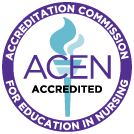Welcome to FVI's Career Services Department
FVI's Career Services Department is dedicated to the success of our students. We understand that your career aspirations are important and we are here to help you achieve them every step of the way.
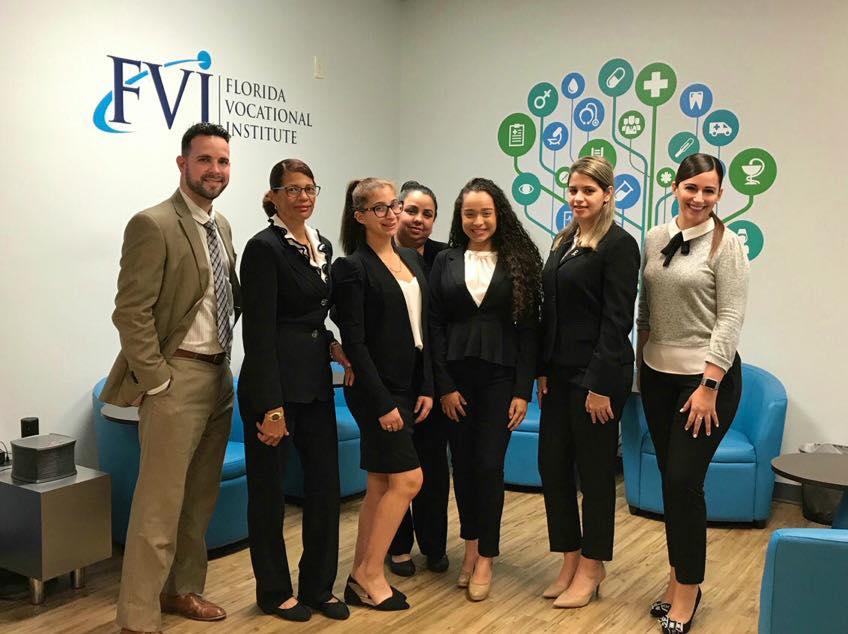
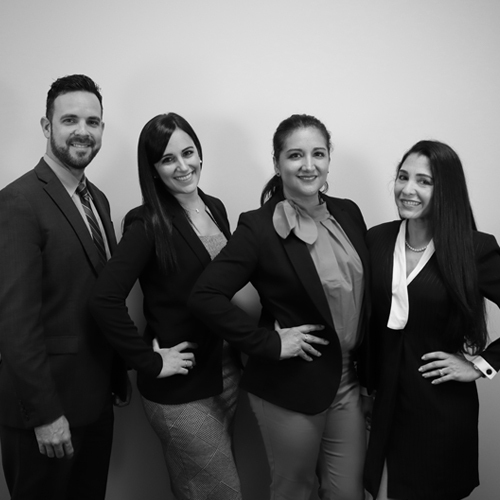
What We Do
Our team consists of dedicated Career Services professionals who share a common goal: student success. We work closely with students, alumni, and hiring partners to build strong relationships and connect qualified graduates with employment opportunities that align with their career goals. From career development to job placement, we are here to support you throughout your entire educational journey and beyond.
Personalized Support for Your Success – When you work with a Career Services professional at FVI, you receive personalized guidance on career development, professionalism, and ethical standards. Our goal is to empower you with the skills and confidence needed to thrive in your chosen career path.
Career Opportunities Tailored to You – Here at FVI, we are committed to helping companies fill in-demand jobs with qualified individuals. We tailor our curriculums to meet the needs of our hiring partners, ensuring that you receive the education and training necessary to excel in your field.
Get Hired!
Among our proudest moments in Career Services is when our graduates’ hard work pays off and they start their careers feeling qualified and confident. We focus on boosting your confidence by providing personalized feedback, hands-on-experience, and recognition for your achievements.
-
Qualified
We work closely with our employer partners to understand the technical and soft skills required for today’s most in-demand roles. Our personalized curriculum design ensures that our programs meet these evolving needs, preparing our students for success in the healthcare field.
-
Confident
We prioritize boosting your confidence by supporting you throughout your journey. We offer individual feedback, extensive hands-on experience, and well-deserved recognition, ensuring you feel prepared and empowered for your career in healthcare.
-
Hired
Our top priority is transforming students into successful healthcare professionals. This is why students choose an FVI education. We equip them with the right qualifications, build their self-confidence, and connect them with the ideal hiring partners, ensuring a seamless transition into their careers.
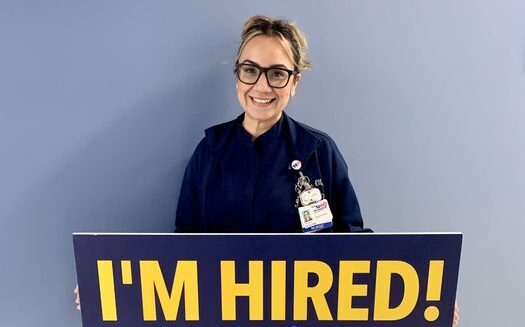
Your Success is Our Success
At FVI’s Career Services Department, our focus is on you!
Our dedicated team of Career Service professionals is here to assist students and graduates with:
Tailored Guidance for Success
Resume Writing
Tailored guidance to craft impactful resumes that highlight your skills and achievements.
Sharpen Your Interview Skills
Mock Interviews
Practice sessions to sharpen your interview skills and boost your confidence.
Enhance Your Workplace Skills
Professional Development
Programs designed to enhance your professional skills and adaptability in the workplace.
Secure Valuable Training Opportunities
Externship Support
Dedicated assistance to secure valuable hands-on training opportunities in professional healthcare settings.
Essential Job-Seeking Skills
Employability Workshops
Interactive sessions focusing on essential job-seeking skills and strategies.
Network with Industry Professionals
Career Day Events
Networking opportunities with industry professionals to explore career paths and job prospects.
Real-World Healthcare Exposure
Field Trips
Excursions providing hands-on experience and exposure to real-world healthcare settings.
Seamless Transition to Employment
Hiring Partner Connections
Facilitating direct links between students and reputable healthcare institutions, ensuring seamless transitions from education to employment.
Preparing Students for Thriving Careers
We Prepare Our Students for Successful Careers
We designed our programs and facilities to equip you with the essential skills and knowledge for a swift transition into the workforce.

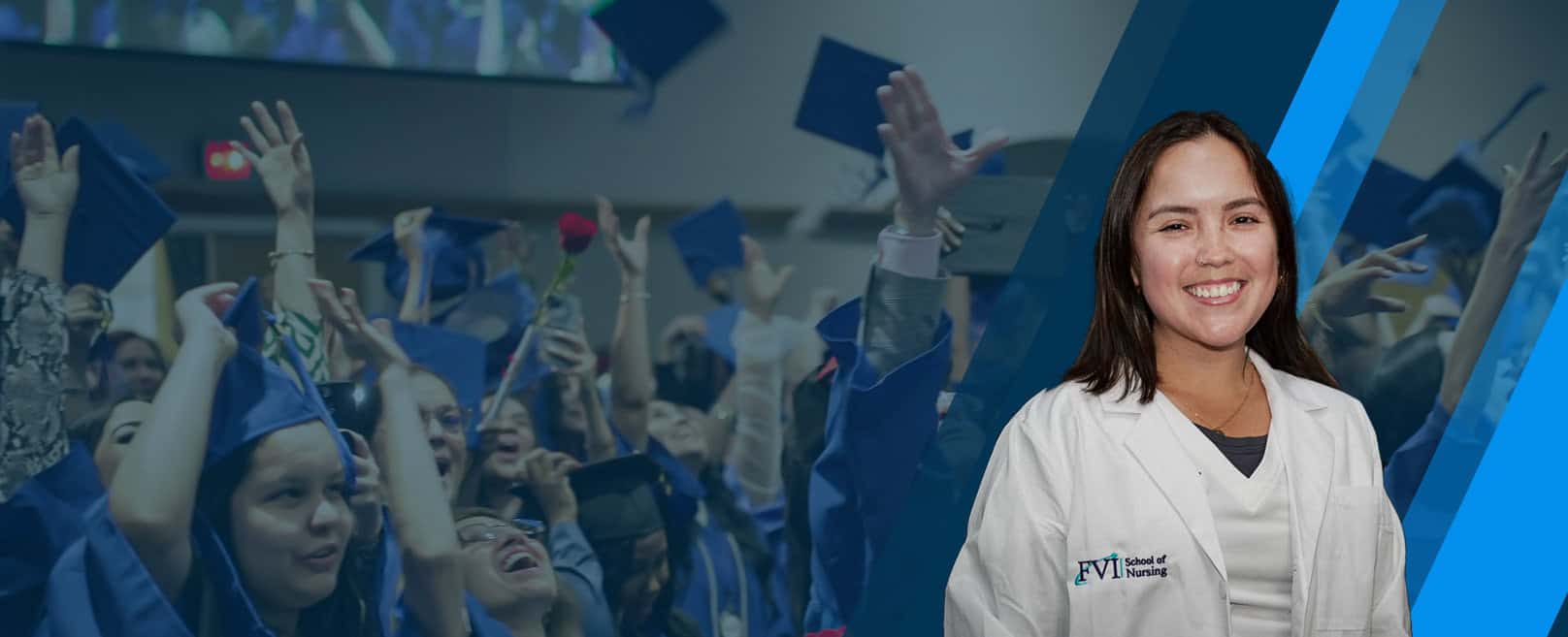
" I was excited to have found a school that provided such great support to be able to achieve my goals in the healthcare field. FVI guided me every step of the way."
Silvia, Nursing Assistant/Home Health Aid
Career Services Resources
FVI’s Career Service department is dedicated to supporting our students and alumni throughout their educational and professional journeys. Discover a wealth of resources to enhance your career, from resume writing and mock interviews to professional development workshops and employer connections. For inquiries or assistance, don’t hesitate to contact us at [email protected] or call your campus – we’re here to assist you every step of the way.
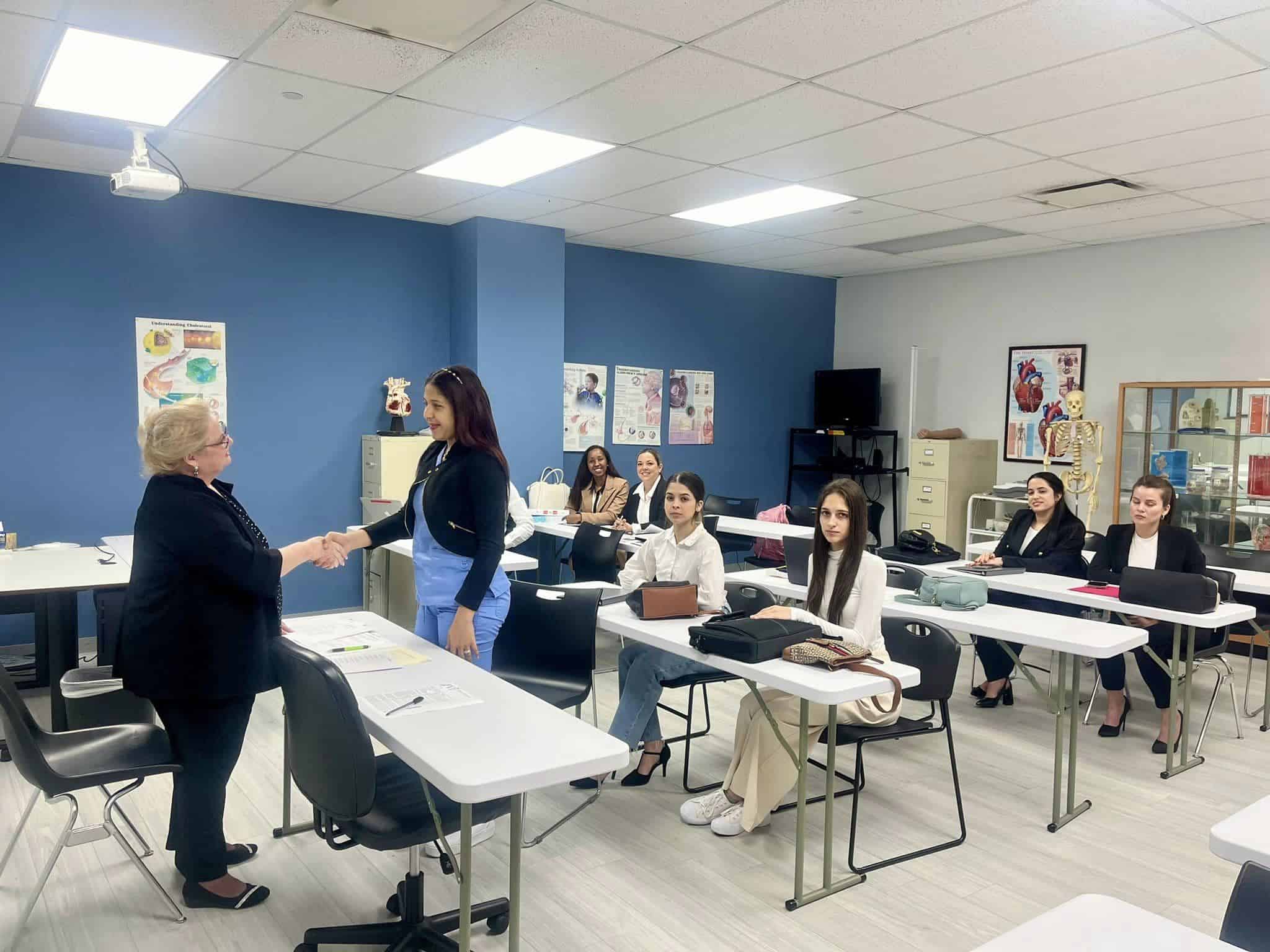
Employability Workshops
Enhance your job readiness with workshops focused on resume building, interview skills, and professional development.
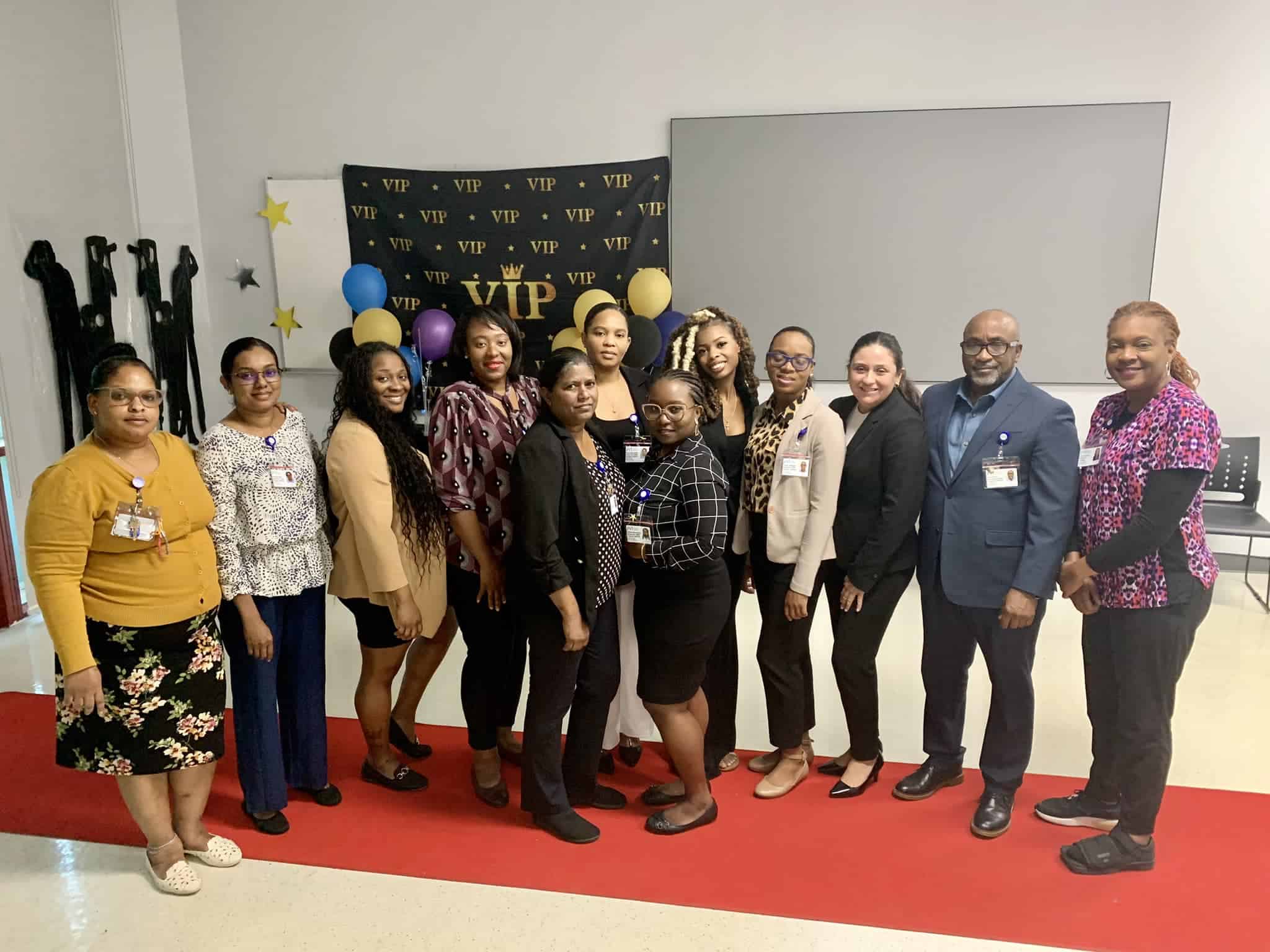
Externship Orientation
Prepare for real-world experience with a comprehensive orientation that covers all aspects of your externship placement.
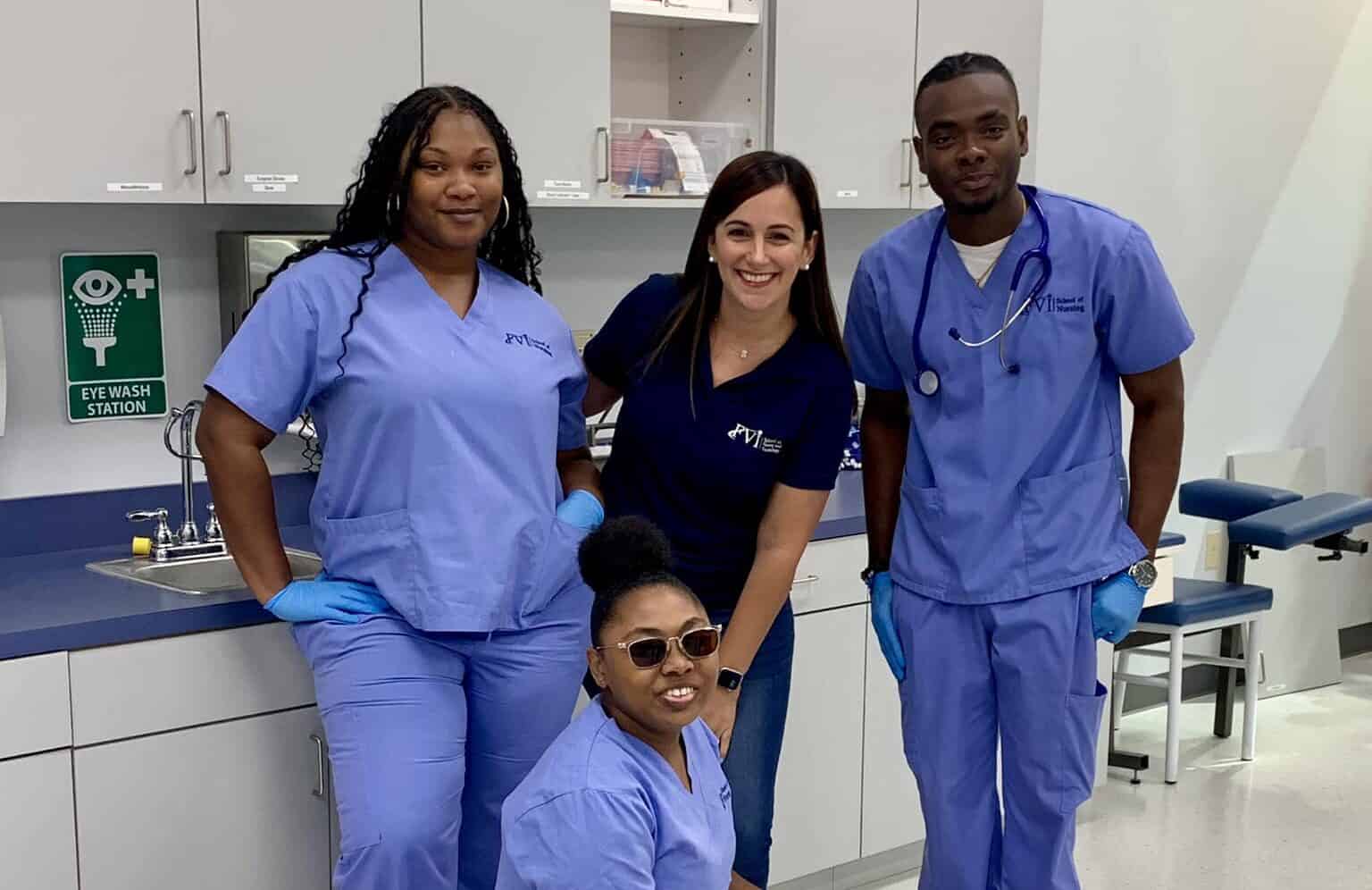
Skills Check
Ensure competency with thorough assessments of your practical and clinical skills, keeping you on track for success.
Craft a Standout Resume
Tailor your resume to each job application by highlighting relevant skills and experiences that match the job requirements, increasing your chances of getting noticed by employers
Continuous Skill Development
Stay updated with industry trends and invest in continuous learning through online courses, workshops, and certifications to enhance your skillset and remain competitive in the job market
Network Strategically
Build professional connections through networking events, online platforms like LinkedIn, and information interviews to uncover hidden job opportunities and expand your job search network
Nail Your Interview Preparation
Research the company and practice common interview questions to confidently articulate your qualifications and demonstrate your genuine interest in the role during the interview

